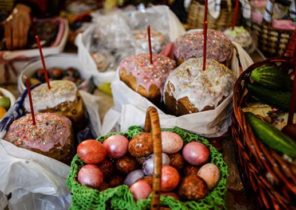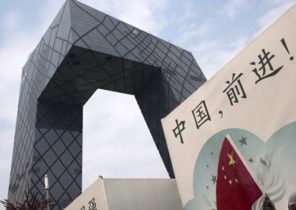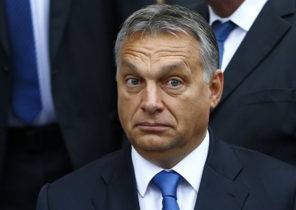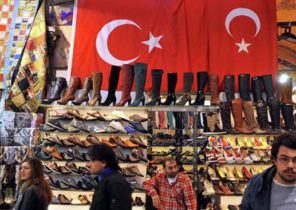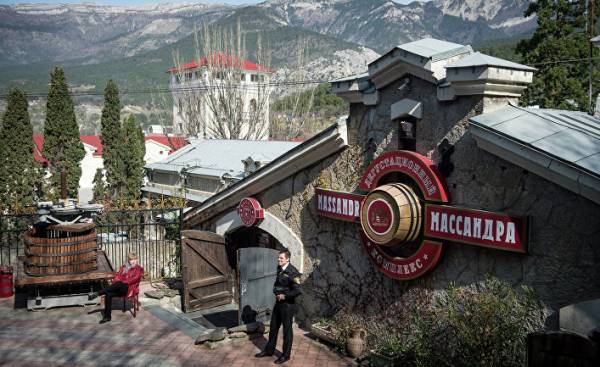
In April 2014, a few weeks after the annexation of Crimea, I was faced live Radio Liberty Russian business Ombudsman Boris Titov. The official behaved arrogantly and casually even in comparison with other supporters of Putin’s adventures, responded to the mention of the international status of the Crimea outright rudeness and insults.
The reasons for this hysterical behavior of Russian colleagues told me after the broadcast. They said that the Ombudsman is configured to capture the wineries of the Peninsula, and I his constant comments about the inevitability of the restoration of international law and the retribution that will befall the Russian war criminals, made him doubt the durability of your own intentions. That is why Titov sweated, blushed, paled and all the broadcast, as usual, repeated: “You fool! Fool!”. Business, nothing personal.
After three years of discussion with the odious official I read a large study of the Russian Internet-edition of “Medusa”, dedicated to the fate of the Crimean winemaking. Boris Titov is mentioned only once — when talking about the attempts of the Ombudsman to subjugate the “New world”. But the bulk of the text is devoted to the unenviable fate of the famous “Massandra”, transferred to the balance sheet management Department of the President of the Russian Federation. In Russia, everyone knows that this simple formulation hides a far more simple phrase — “pressed Vladimir Putin”.
The occupants are different. You also have to able to dispose of captured. Trouble of today’s Russia is not only utter contempt for international law and morality, it is also a glaring lack of professionalism. And the fate of the Crimean wine-making it is shown very clearly. “Massandra” will cease to be “Massandra”, “Novyi Svet” — “New light”. Putin and Titov will succeed. Or rather, nothing.
When we think about the return of the Crimea, we often think that we will return to “zero” before the dot, which began with the annexation — and then start a normal peaceful life, slowly and Crimea will turn into a normal Ukrainian region with the Crimean Tatar specificity. But it is a big illusion.
Dying before our eyes what was the essence of life on the Peninsula, not only during his stay in the USSR and independent Ukraine, but also in pre-Soviet times. Local Bank robbers who are still afraid to cut the branch on which you sit, added Moscow marauders. Many of them are well aware that the Peninsula will sooner or later have to abandon. And so I want to crush it in his hands like a ripe fruit.
Nothing new in this. Approximately the same was the attitude of Russian authorities towards Kaliningrad region after the Second world war. It seemed that this area in the USSR is not a very long time, but because it was taken out. After 30 years, after meeting in Helsinki, borders in Europe were the firmness, the Kaliningrad region has decided to develop — but it was too late, the former East Prussia finally turned into a remote Russian province.
The Crimea — if it will not be quickly liberated from the marauders — will meet the same sad fate.

